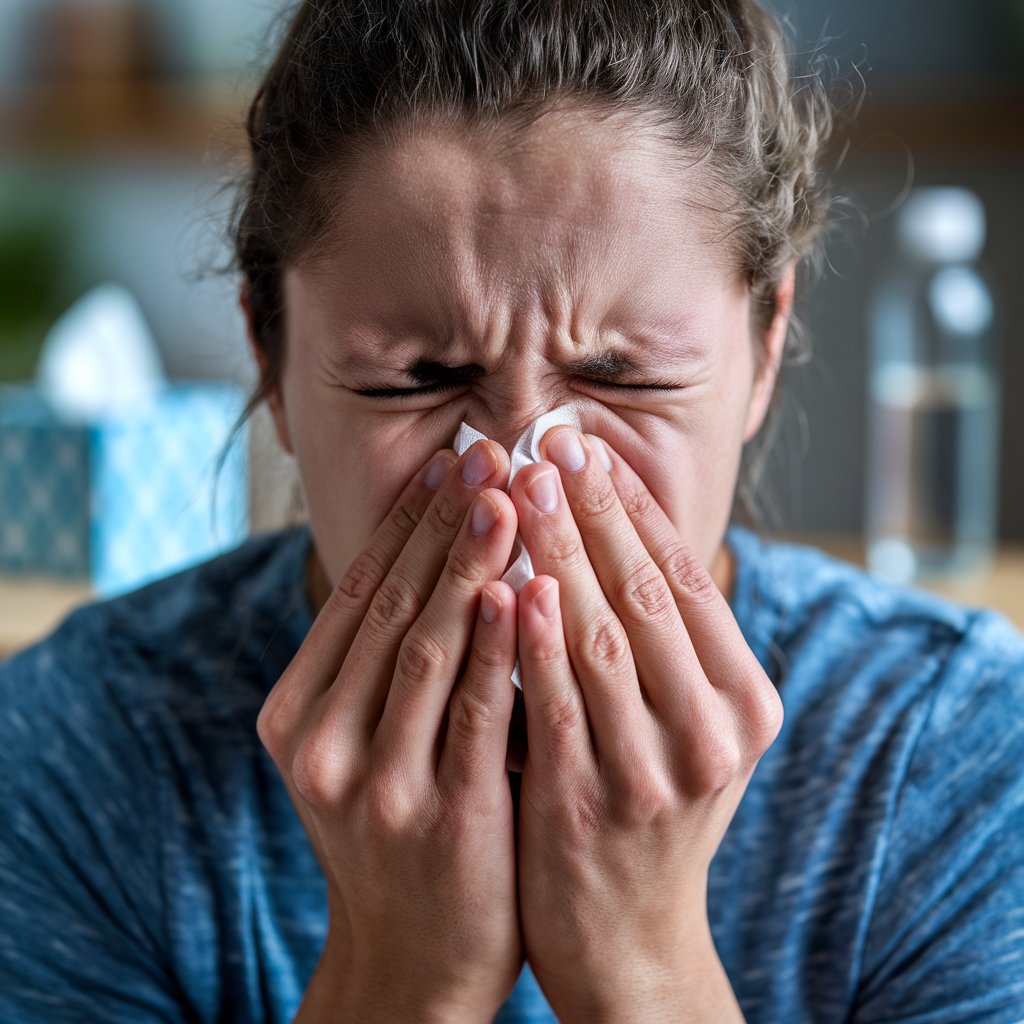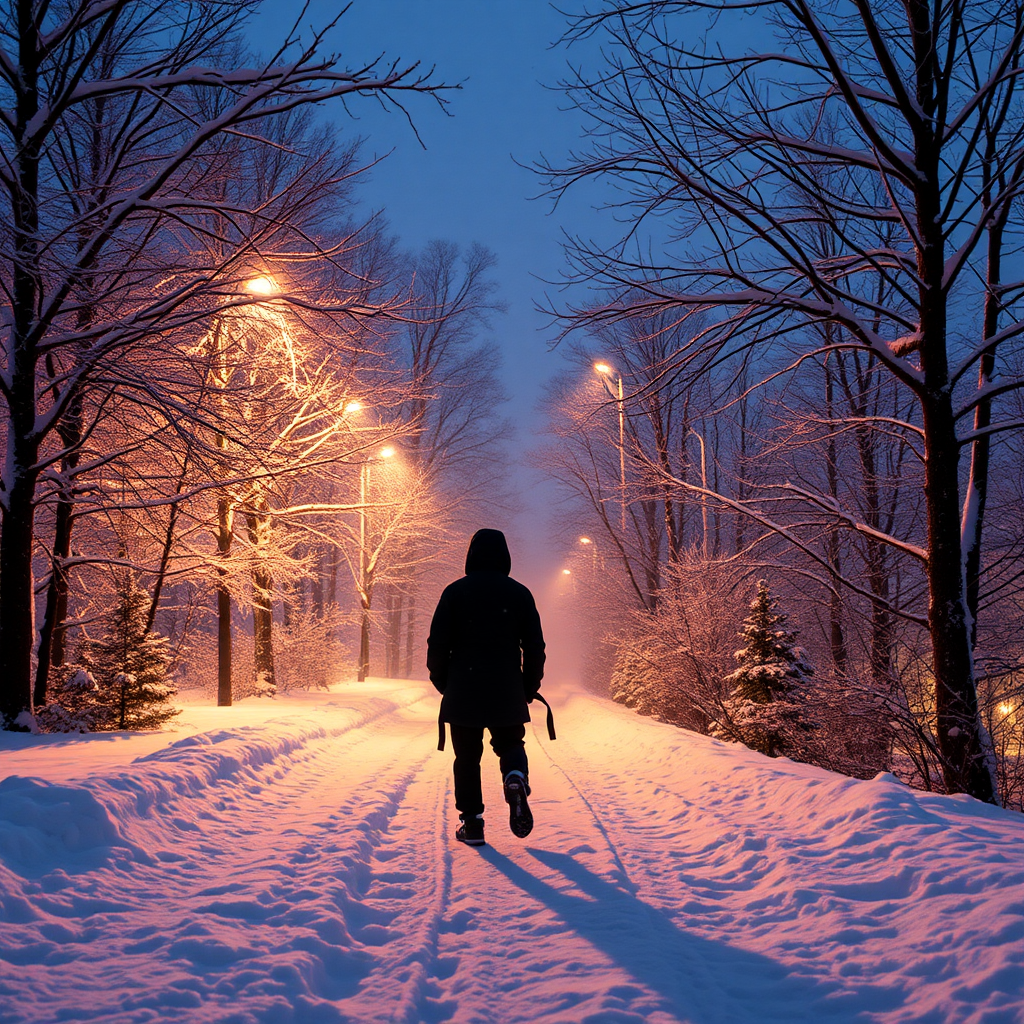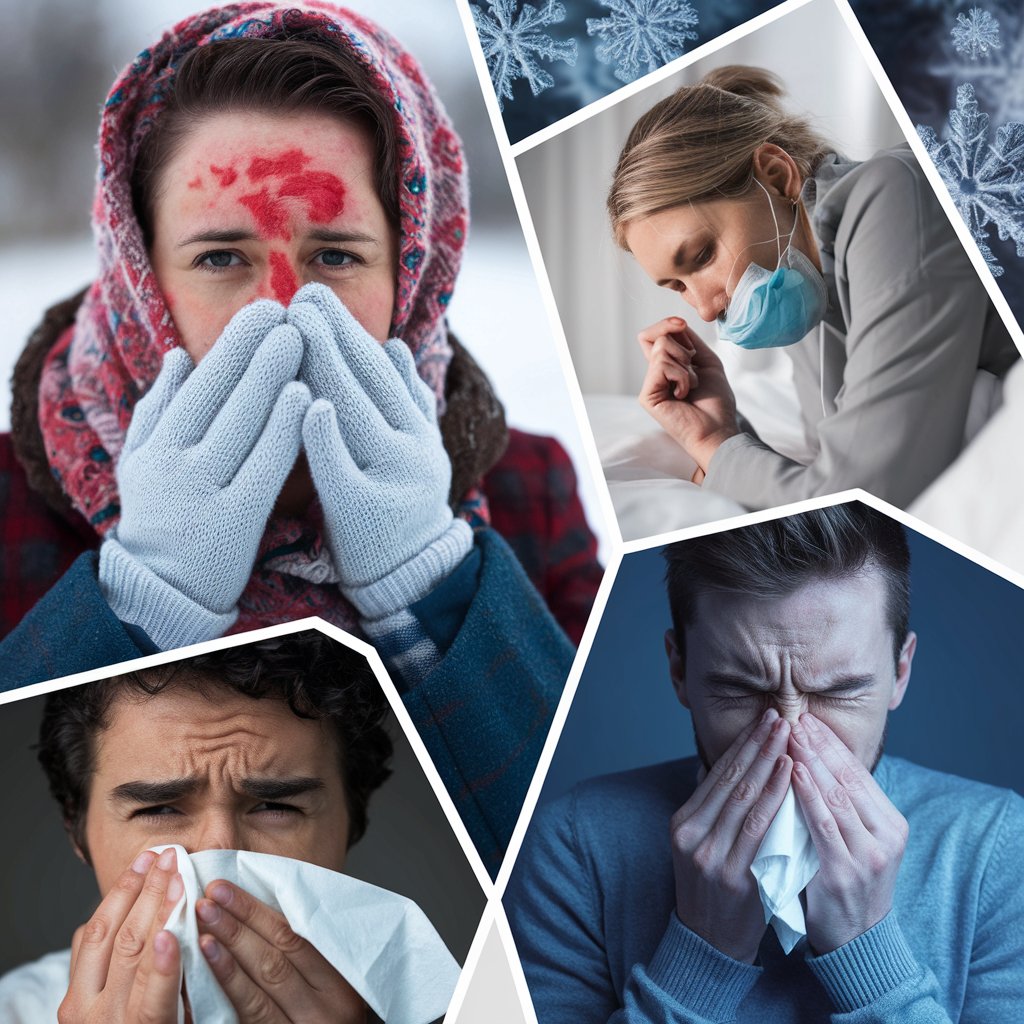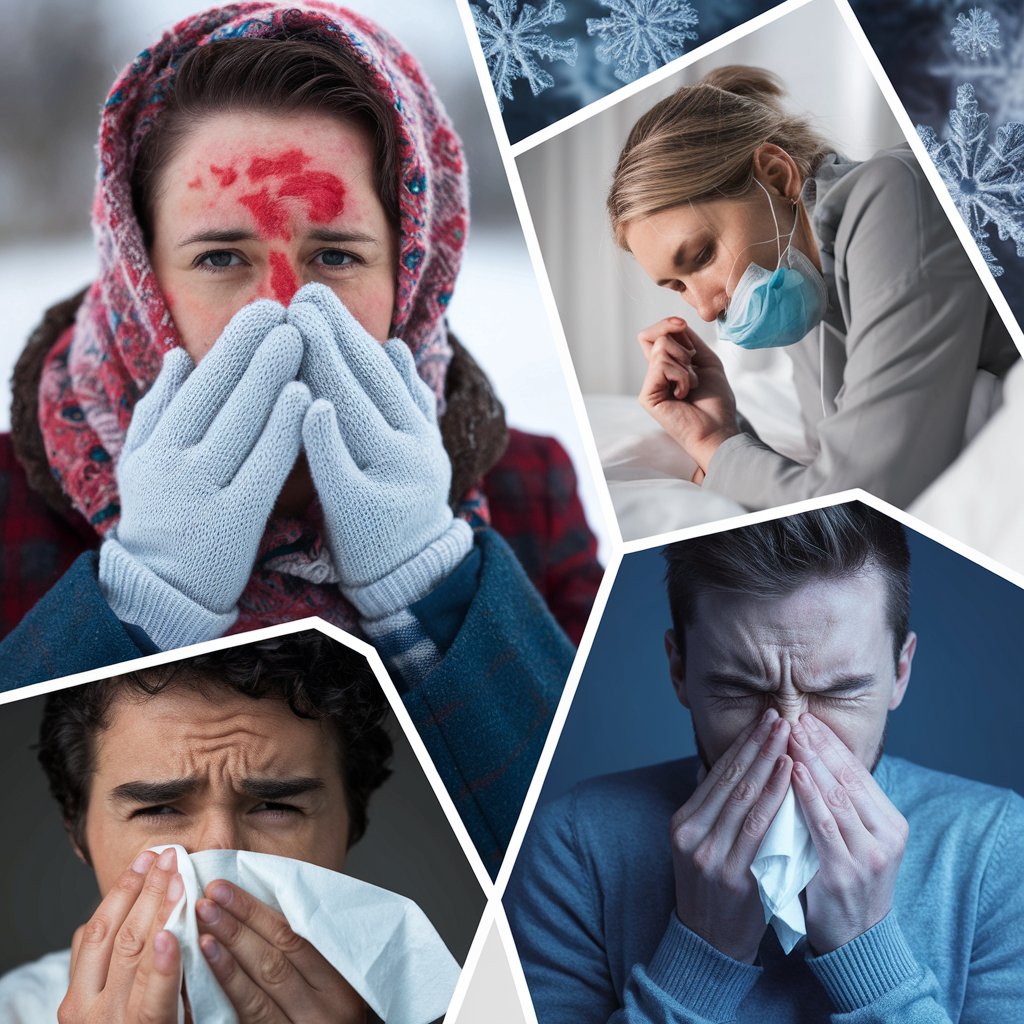
Introduction of Viral Diseases of Winter
Hey there, friends! As the chilly winds blow and snowflakes start to fall, it’s that time of year again when we all bundle up and prepare for winter. But did you know that along with the cozy nights and hot cocoa, winter brings some sneaky viral diseases that we need to watch out for? Let’s dive into the world of winter bugs and learn how to keep ourselves and our loved ones safe and healthy!
Common Winter Viral Diseases

The Flu (Influenza)
Ah, the flu – the unwelcome guest that seems to crash every winter party. This virus changes its look every year, which is why we need a new flu shot each year. Here’s what you need to know:
- Symptoms: Fever, body aches, fatigue, and that annoying cough that just won’t quit.
- Spread: It travels through the air when someone coughs or sneezes. Yuck!
- Prevention: Get your yearly flu shot, wash those hands, and maybe give high-fives a break for a while.
Did you know? The flu can be very dangerous for young children, older adults, and people with weak immune systems. Let’s look out for our vulnerable friends and family!
Common Cold
The common cold is like that relative who shows up uninvited – it’s not too bad, but you’d rather it didn’t come at all. While less severe than the flu, it can still put a damper on your winter fun:
- Symptoms: Runny nose, sore throat, and sometimes a mild fever.
- Spread: Just like the flu, it spreads through the air and on surfaces.
- Prevention: Wash your hands often, eat your veggies, and get plenty of rest.
Respiratory Syncytial Virus (RSV)
RSV might sound like a fancy sports car, but it’s actually a respiratory virus that can be pretty tough on little ones and older adults:
- Symptoms: Starts like a cold but can lead to more serious breathing problems.
- Spread: Through close contact with infected people or touching contaminated surfaces.
- Prevention: Keep your distance from sick people and clean surfaces regularly.
Why Winter is Prime Time for Viral Diseases

Ever wonder why these pesky viruses love winter so much? Well, it’s not just because they enjoy snowball fights (though that would be pretty cute). Here are a few reasons:
- We spend more time indoors, so we’re in closer contact with other people.
- The air is drier, which can make our nasal passages more vulnerable to infections.
- Less sunlight means less Vitamin D, which can weaken our immune systems.
Hidden Dangers You Might Not Know About

Now, let’s talk about some of the not-so-obvious risks these winter viruses pose:
Secondary Infections
Sometimes, these viruses can open the door for bacterial infections to sneak in. For example, a simple flu can sometimes lead to pneumonia if we’re not careful.
Long-term Effects
Did you know that some viral infections can have lasting impacts? Some people experience fatigue and weakness for weeks after the main symptoms have gone away.
Spread to Vulnerable Populations
Even if you’re young and healthy, you could unknowingly pass the virus to someone who might have a harder time fighting it off. It’s like a not-so-fun game of tag that nobody wants to play.
How to Protect Yourself and Others
No need to worry; I’m here to help, not to scare you – I’m here to help! Here are some friendly tips to keep those winter viruses at bay:
- Get vaccinated: It’s like giving your immune system a superhero cape!
- Practice good hygiene: Wash those hands like you’re auditioning for a soap commercial.
- Stay home when you’re sick: Netflix and recover – it’s the responsible thing to do.
- Strengthen your immune system: eat healthy, stay active, and sleep well.
- Be mindful of others: Cover your mouth when you cough or sneeze. Let’s not share our germs, okay?
When to Seek Medical Help
Sometimes, despite our best efforts, these viruses can get the upper hand. Here’s when you should consider calling your doctor:
- If you have a high fever that won’t go away
- If you’re having trouble breathing
- If your symptoms are getting worse instead of improving after a few days
- If you’re in a high-risk group (young children, older adults, or those with chronic conditions)
It’s always better to be cautious than to take risks. Your health is important!
Conclusion
Winter might bring some uninvited viral guests, but with a little knowledge and preparation, we can still enjoy all the wonderful things about the season. Stay warm, stay healthy, and don’t forget to have some fun in the snow (just maybe not with that one friend who’s always sneezing). Here’s to a happy, healthy winter for all of us!
Centers for Disease Control and Prevention (CDC): Seasonal Influenza (Flu) Information
World Health Organization (WHO): Influenza and Winter Viruses
Mayo Clinic: Tips for Preventing Winter Viruses
WebMD: Common Cold and Winter Virus Facts

